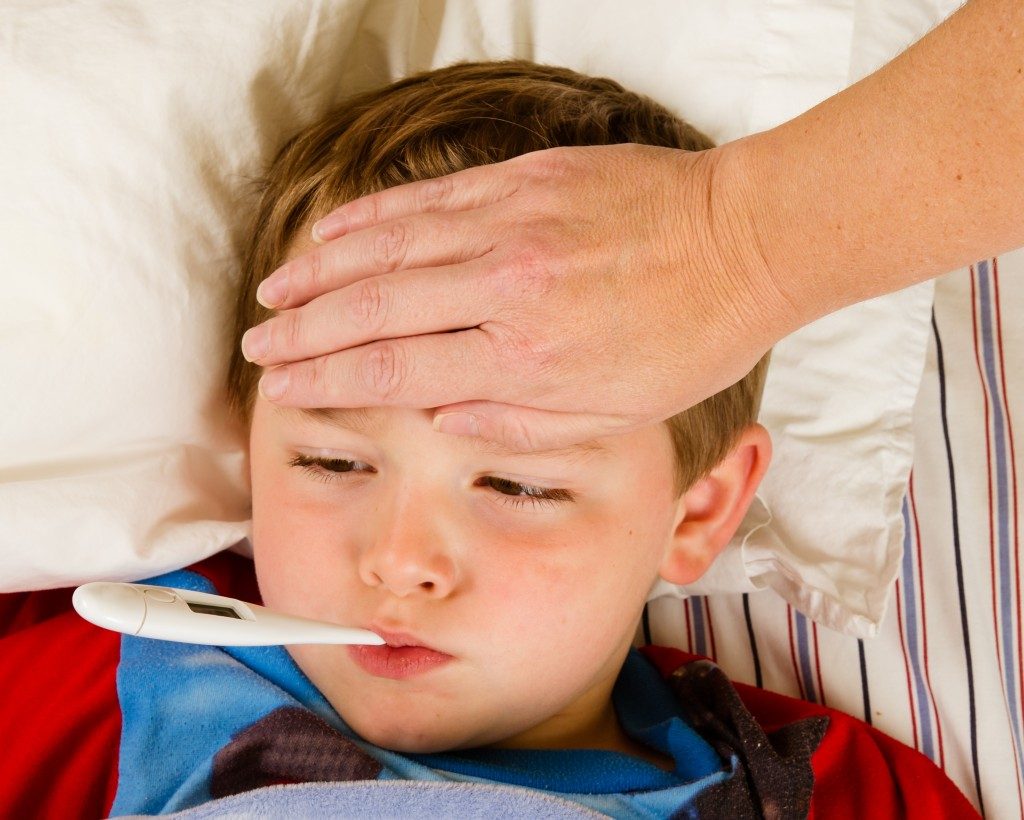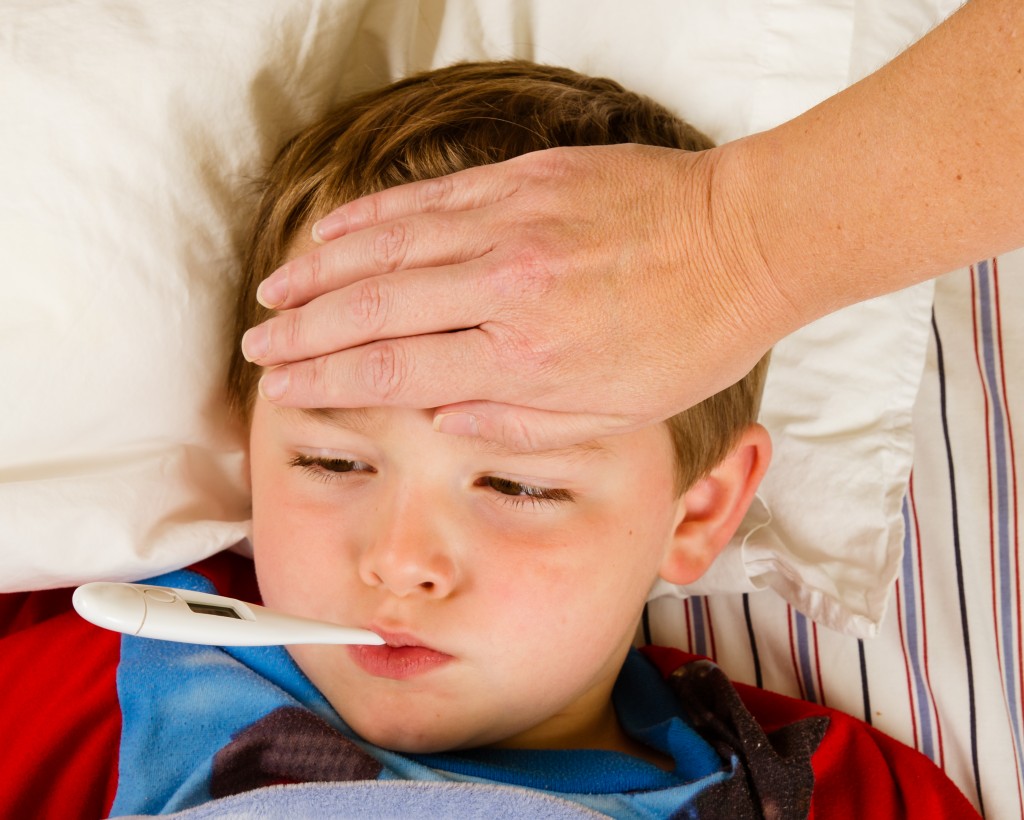
Whether or not you’re a first-time parent, fevers can be scary. When you find your little one burning up, sweaty, or flushed in the middle of the night, it can be difficult to make decisions or find ways to take control of the situation.
This is normal, but fevers, in general, are not always dangerous or something that you should be worried about. But in scary situations, a trip to a kid’s clinic in Salem is highly recommended to ensure the safety of your child and your peace of mind.
To Fear or Not to Fear
Even though fevers can make children uncomfortable, they are not entirely bad. What they actually do is turn on the immune system of the body to combat infections, such as flu or cold. Your little one has a fever when their temperature is at or beyond 100°F when measured orally, 99°F when measured under the arm, and 100.4°F when measured rectally.
General Symptoms of Fever

Heath professionals note that it is normal for kids to feel more discomfort as their body temperature rises. They can also show symptoms that may include the following:
- Headaches
- Lack of appetite
- Body pain
- Feeling flushed
- Dehydration
- Lack of energy (weakness)
It is also important to note that symptoms may sometimes look like other health conditions. That is why if you are not sure, consult or check with your child’s pediatrician. You should also call a doctor immediately if your little one is younger than 3 months and has a temperature of 100.4°F or higher.
Reducing Your Child’s Fever
Not all fevers need treatment, but there are some measures you can take to make your child feel better. Here are some of the things that can help:
- Dress your kid lightly. Avoid heavy or excess clothing, as this will only increase your child’s temperature. You should avoid a heavy blanket when covering them; a light sheet is ideal. Overdoing it when covering or dressing your children may only keep the heat from escaping. You should also make sure that their room is not too hot or cold.
- Give them fever medicine. You can give your little one ibuprofen or acetaminophen based on the dosage recommendations for their age. You can also contact your doctor if you are not sure about the recommended dosage for your child. Never give them aspirin, as it is associated with Reye syndrome, a potentially fatal disease.
- Make sure they get enough rest. While your children with fever do not need to stay in bed all day, they need plenty of rest. When their temperature has returned to normal for 24 hours, they may get back to their usual routine or go to school.
- Encourage them to drink more fluids. Fevers can cause kids to lose fluids more quickly. Encourage them to drink more water and other good sources of fluids, such as gelatin, ice pops, and soup. Avoid those that contain caffeine (tea, coffee, and cola), as they may only promote dehydration.
- When your child is vomiting. If your little one has a fever and is vomiting, you can ask your healthcare provider if they need a rehydration solution or electrolyte (specially made for kids). The same is true if they have diarrhea. It is not always recommended to give them sports drinks, as these beverages are not made for kids and can make diarrhea worse.
You can expect your child’s temperature or symptoms to get better with the tips mentioned above. If the fever doesn’t subside or if your little one has other symptoms, such as lasting diarrhea or repeated vomiting, consult a doctor immediately. You can also talk to your child’s pediatrician for other tips on easing fever symptoms.




